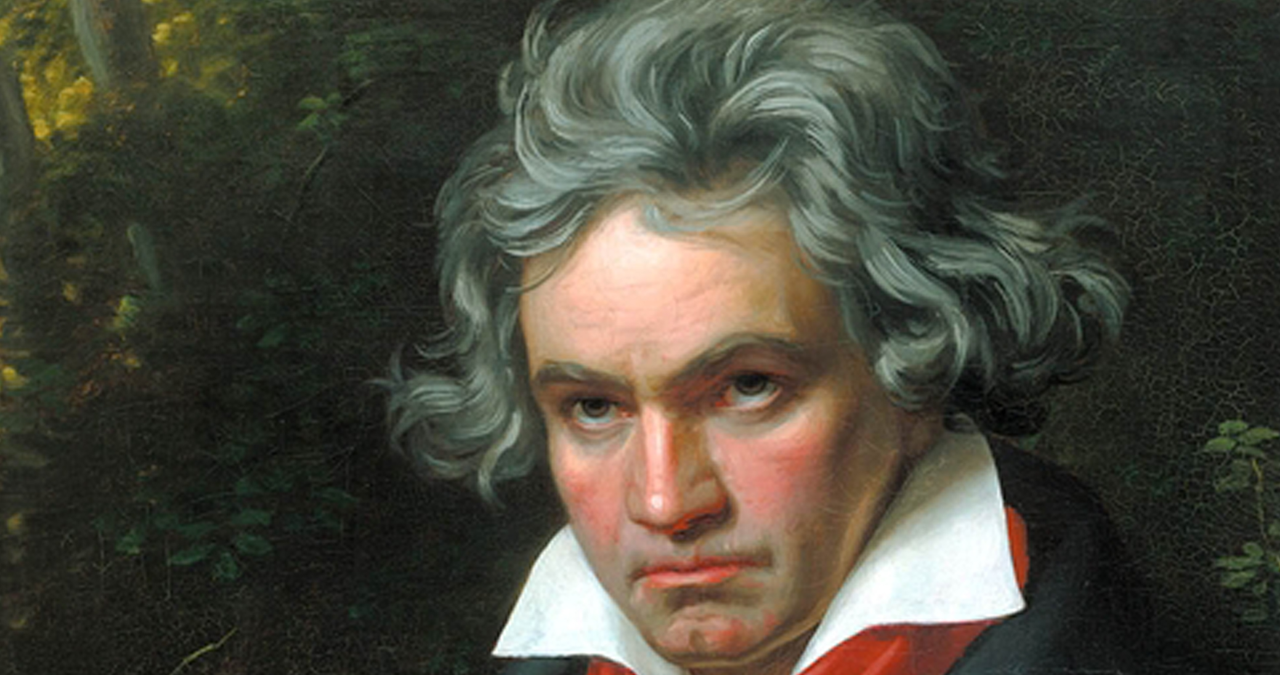“The Beatles' Because is based on Beethoven’s Moonlight Sonata (played in reverse). So, was John Lennon cheating when he flipped Ludwig Van?”: Digging into the long history of the sampling debate
The ethical and moral conversation around re-interpreting someone else's existing work pre-dates the modern sampling world by a long way…

Sampling is a principle that's commonplace in today's modern music production world, yet the implicit understanding when using pre-made sample packs, loops and sounds, is that those original components are to be re-contextualised into a new form. Yet, as we've recently seen, today's biggest pop stars' use of commercially available sample packs has often been central to the success of many of their biggest hits.
So, though these samples are royalty-free, where do the ethical and creative boundaries lay? In our recent deep-dive on the subject, our writer Adam Douglas dug into the enduring issues around harnessing pre-existing work to make new music.
In the feature, Douglas pointed to the common phrase, often attributed to Pablo Picasso, which simply states - “Good artists borrow, great artists steal."
Douglas goes on to say, "You might think of classical music as being precious and above things like plagiarism, but the contrafact is just that: a piece of music that is based on a prior one. This goes as far back as the 16th century. Modern variations on it include John Cage’s 1969 composition, Cheap Imitation, which used randomness to alter Socrate by John Satie."
Adam points to how jazz frequently transposes new melodies over existing chord progressions, before pointing to one of music's sacred cows; "Even The Beatles, those paragons of creativity, used it: Abbey Road's dreamy Because is based on Beethoven’s Moonlight Sonata (albeit played in reverse). Was John Lennon cheating when he flipped Ludwig Van? Very few would say so," poses Douglas.
As you can probably tell from these examples, our writer clearly doesn't subscribe to the notion that referencing/sampling is 'cheating'.
"Sometimes you get lucky and the key, phrasing, and timing magically line up with the elements in your track. So where’s the creative part? Well, just recognising that a loop will work and choosing it is a creative act," Adam asserts
Adam goes on to stress that, in his view, using samples is ostensibly an act of collaboration. That's an angle that sampling industry heavyweights, Splice and Loopcloud are also keen to underline.
“When a producer incorporates a sample into their track, they’re essentially building on that artistic foundation, adding their own interpretation and creativity. It’s a collaborative process that transcends boundaries and brings together two creative minds - even if they’ve never met," states Loopcloud's Leon Stephens.
Curious to find out more about this ongoing debate? Read Adam's long-read on the topic here, and let us know your thoughts.
Want all the hottest music and gear news, reviews, deals, features and more, direct to your inbox? Sign up here.



I'm Andy, the Music-Making Ed here at MusicRadar. My work explores both the inner-workings of how music is made, and frequently digs into the history and development of popular music.
Previously the editor of Computer Music, my career has included editing MusicTech magazine and website and writing about music-making and listening for titles such as NME, Classic Pop, Audio Media International, Guitar.com and Uncut.
When I'm not writing about music, I'm making it. I release tracks under the name ALP.
